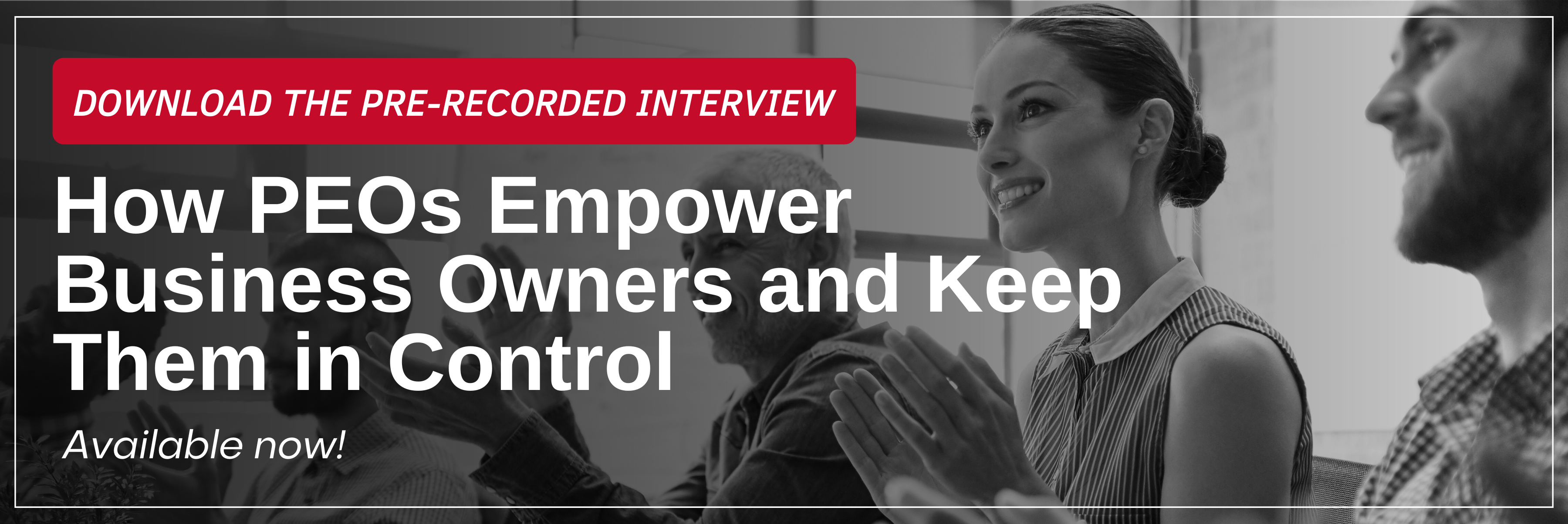
When employees feel trusted and engaged, they are empowered to perform their roles with greater autonomy and effectiveness. That boosts productivity and fosters a positive work culture where everyone feels valued and motivated.

Creating such an environment requires deliberate actions and strategies. Business owners and HR professionals must prioritize these relationships to cultivate an atmosphere that promotes happiness and productivity.
In this guide, we'll explore practical tips and strategies for strengthening employee relations and establishing a thriving workplace culture.
Tips to Improve Employee Relations
To lay the foundation for strong employee relations, companies must first trust and empower their workforce. Giving employees the freedom to work in ways that feel natural to them while promoting an environment of mutual respect and support develops a company culture that makes them feel good about giving their energies to your company.
Encourage Work-Life Balance
One of the core elements of a positive work culture is maintaining a healthy work-life balance. Companies should promote policies that support flexible working hours, remote work options, and taking paid time off (PTO). By allowing employees to balance their personal and professional responsibilities, your company can reduce burnout and increase job satisfaction. When employees have control over their schedules, they tend to be more productive and motivated, knowing that their well-being is prioritized.
Foster Open Communication
Open communication is essential for building trust between management and employees. Establishing regular and transparent communication channels encourages openness and honesty. Employees should feel comfortable sharing their thoughts and concerns without fear of repercussions. Regular team meetings, one-on-one check-ins, and anonymous feedback platforms can facilitate this dialogue. When employees know their voices matter, they become more invested in the organization's success.

Provide Professional Development
Investing in professional development is a win-win for both employers and employees by increasing your staff’s skills and encouraging a growth mindset. Offering training, workshops, and mentorship programs helps employees grow in their roles and advance their careers. When employees feel that their employer is invested in their personal growth, they are more likely to stay committed to the company long-term. Additionally, continuous learning opportunities keep employees engaged and motivated to excel in their roles, ultimately benefiting the organization.
Recognize and Reward Achievement
Recognition and rewards play a significant role in boosting employee morale and motivation. Implement a recognition system that acknowledges and rewards employees for their contributions and successes. This can be done through formal awards, public appreciation, or even simple gestures like thank-you notes. Celebrating achievements reinforces positive behavior and encourages others to strive for excellence. A culture of recognition cultivates a sense of belonging and pride in the workplace.
Conduct Employee Wellness Programs
Employee wellness programs are essential for promoting holistic well-being among staff members. These programs can include mental health support, access to exercise facilities, and wellness challenges. By prioritizing employees' physical and mental health, companies demonstrate their commitment to their well-being. Healthy employees are more energetic, focused, and resilient, which translates into higher productivity and a positive work atmosphere.

How to Implement Employee Programs
Leadership and HR teams are responsible for spearheading initiatives that enhance employee engagement. Creating a work environment where employees have the tools and support they need to succeed is crucial for building trust. The specific implementation of employee programs depends on your company, industry, and the program itself, but there are some tested methods that bring success.
Empower Employees with Autonomy
When you've hired the right people, it's important to give them the space and trust to do their work effectively. Empowering employees with autonomy allows them to take ownership of their tasks and responsibilities. Trusting employees to manage their workloads and make decisions fosters a sense of dedication and accountability. When employees feel trusted, they are more likely to go above and beyond to achieve their goals.
Encourage Cross-Department Collaboration
Collaboration between departments can lead to innovative solutions and improved employee relations. Encourage cross-departmental projects and initiatives that allow employees to work together towards common objectives. This fosters teamwork and a sense of unity within the organization. When employees collaborate across functions, they gain a broader perspective and deepen their understanding of the company's goals.
Align Company Values with Employee Goals
Aligning company values with employee goals is essential for creating a cohesive and motivated workforce. Clearly communicate the organization's mission, vision, and values to employees. When employees understand how their roles contribute to the company's overall success, they feel a stronger sense of purpose. This alignment fosters a shared commitment to achieving both individual and organizational goals.
Get HR Help to Develop Good Employee Policy
HR partners play a vital role in developing employee policies that create a supportive work environment. They can also help companies offer better benefits and resources to enhance staff support.
Employers and HR professionals have the power to shape the employee experience and drive organizational success. By trusting and empowering employees, organizations can build a culture of engagement, trust, and empowerment. When employees feel valued and supported, they become advocates for the company's mission and contribute to its long-term success.
For those looking to enhance their employee relations strategy, consider exploring additional resources and seeking guidance from HR experts like PRemployer. They have the expertise to help guide your leadership as they undergo efforts to improve employee relationships – and they can help streamline processes and cost-effectiveness in other areas.
Reach out today to learn how PRemployer can help with your employee engagement!

